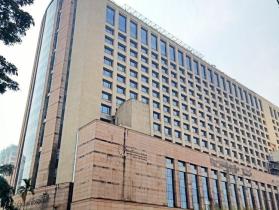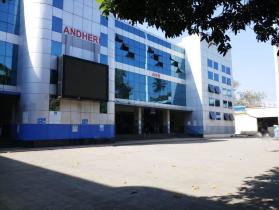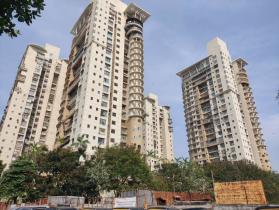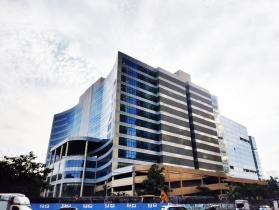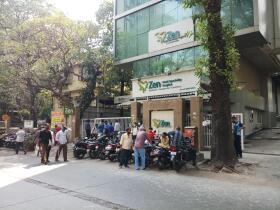Following the proposal by the Maharashtra Department of Registration and Stamps, the Bombay High Court appointed advocate Samit Shukla, partner at law firm DSK Legal, as an Amicus Curiae for the case. The verdict impacts a large number of redevelopment projects across the State, especially in Mumbai, as it relates to stamp duty payable on redeveloped projects.
What led the State to decide to ‘lower the stamp duty’ for redeveloped projects?
Until now, every resident acquiring a unit in the redeveloped building was liable to pay Rs 1 lakh as stamp duty for a 2 BHK apartment. In some localities, this amount was even greater. However, this doubled the stamp duty burden on property owners, shared the National Real Estate Development Council (NAREDCO). Typically, in the redevelopment process, the developer has to pay stamp duty on the redevelopment agreement based on the construction cost of the rehabilitation component, rent for temporary accommodation of the residents, brokerage for finding such accommodation, and payment for allowing utilisation of Transfer of Development Rights (TDR). After the redeveloped project is handed back to the original residents, another agreement is signed between the builder, the society, and the members, which would again face stamp duty, explain experts.
Thus, the government decided that stamp duty on the redeveloped buildings would be charged as per the provisions of Section 4 of the Maharashtra Stamp Act, varying between Rs 100 and Rs 1,000 per unit. Further, the developer or society would have to submit one Permanent Alternate Accommodation Agreement in the collector’s office for the authentication of the same.
Why did the Court intervene?
The Maharashtra government has been revising the city's stamp duty since 2020 to improve home sales during the turbulent times of COVID. However, it was unclear whether the arrears of stamp duty owed should be paid at the rate applicable when the old document was executed or at the rate applicable when the property was redeveloped. In this case, the Bombay High Court intervened to decide whether separate stamp duty is payable on instruments executed during redevelopment projects in Maharashtra. However, the decision has not yet been finalised.
What will be the impact of the intervention on Mumbai’s property market?
Applauding the earlier decision made by the State government, industry experts opined that “Redevelopment projects in Mumbai suburbs, including Ghatkopar, Mulund, Chembur, Kandivli, Borivli, Goregaon, and Andheri would greatly benefit of the move.”
Nevertheless, following the rules established for stamp duty for redeveloped buildings the court observed that separate documents transferring units to individual members will be treated as independent documents. Thus, stamp duty on the area approved by society must be deducted from the construction costs. However, the independent lawyer appointed by the Bombay High Court is yet to announce his verdict.




